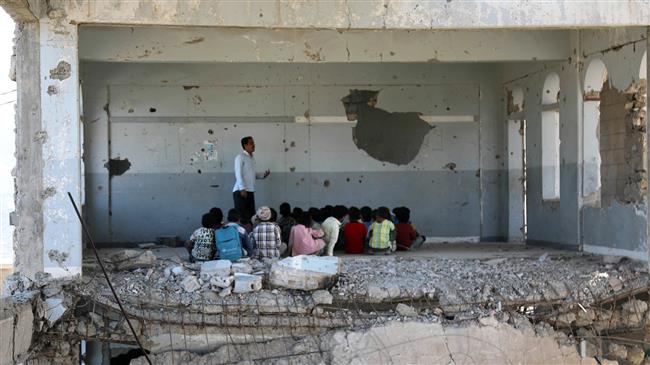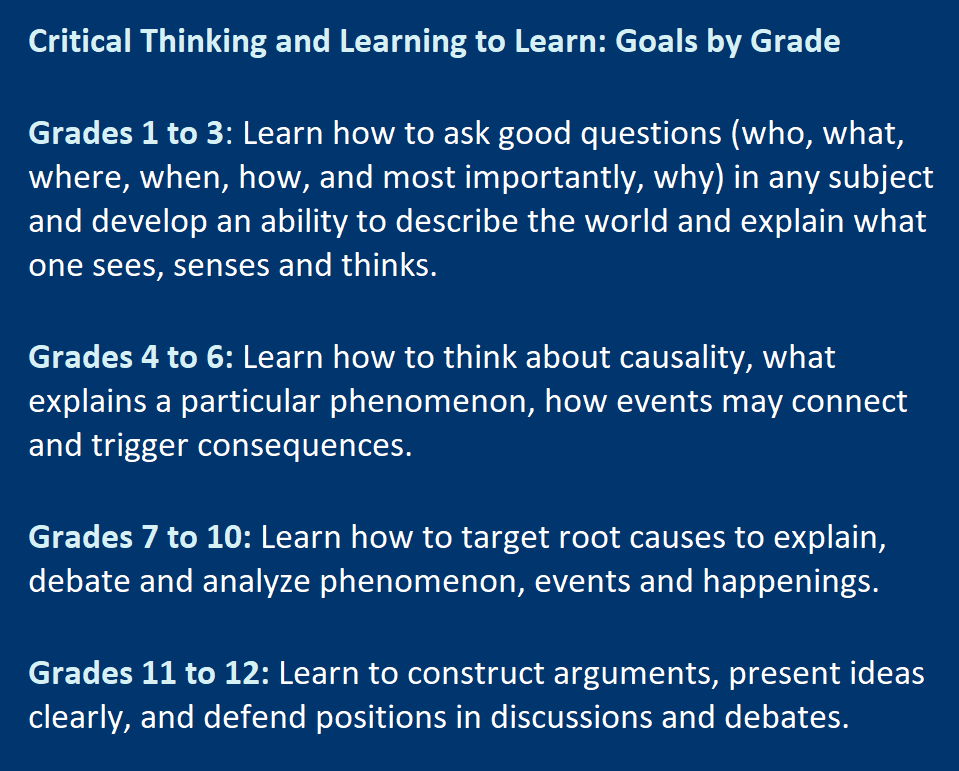Don’t Confuse Schooling With Learning: Rappler
Don't Confuse Schooling With Learning: Rappler

Read the article from Rappler about the need for ongoing education for all during the Covid-19 pandemic.
Juan Miguel Luz is adjunct faculty at the Asian Institute of Management and former undersecretary with the Department of Education in the Philippines.
Principal Learning Objectives by Grade Level
Kindergarten – socialization skills
Grades 1-3 (early primary) – simple literacy and numeracy
4-6 (late primary) – functional literacy
7-10 (junior high school) – learning to think along disciplines
11-12 (senior high school) – aligning long-term interests with the world of work

Developing these skills give children new abilities: “To take apart situations even if they have never seen these before, to solve problems as these arise, to articulate what they feel are important to them and to be able to defend these with well-thought arguments, if and when necessary,” Luz writes.
Learning to learn is a progression in skill-building. There are similar progressions in problem-solving, communication, digital literacy and more.
There is a bounty of education resources online, and here is a sample:
Resources for Families & Teachers
Library Textbooks - temporary access for Covid-19